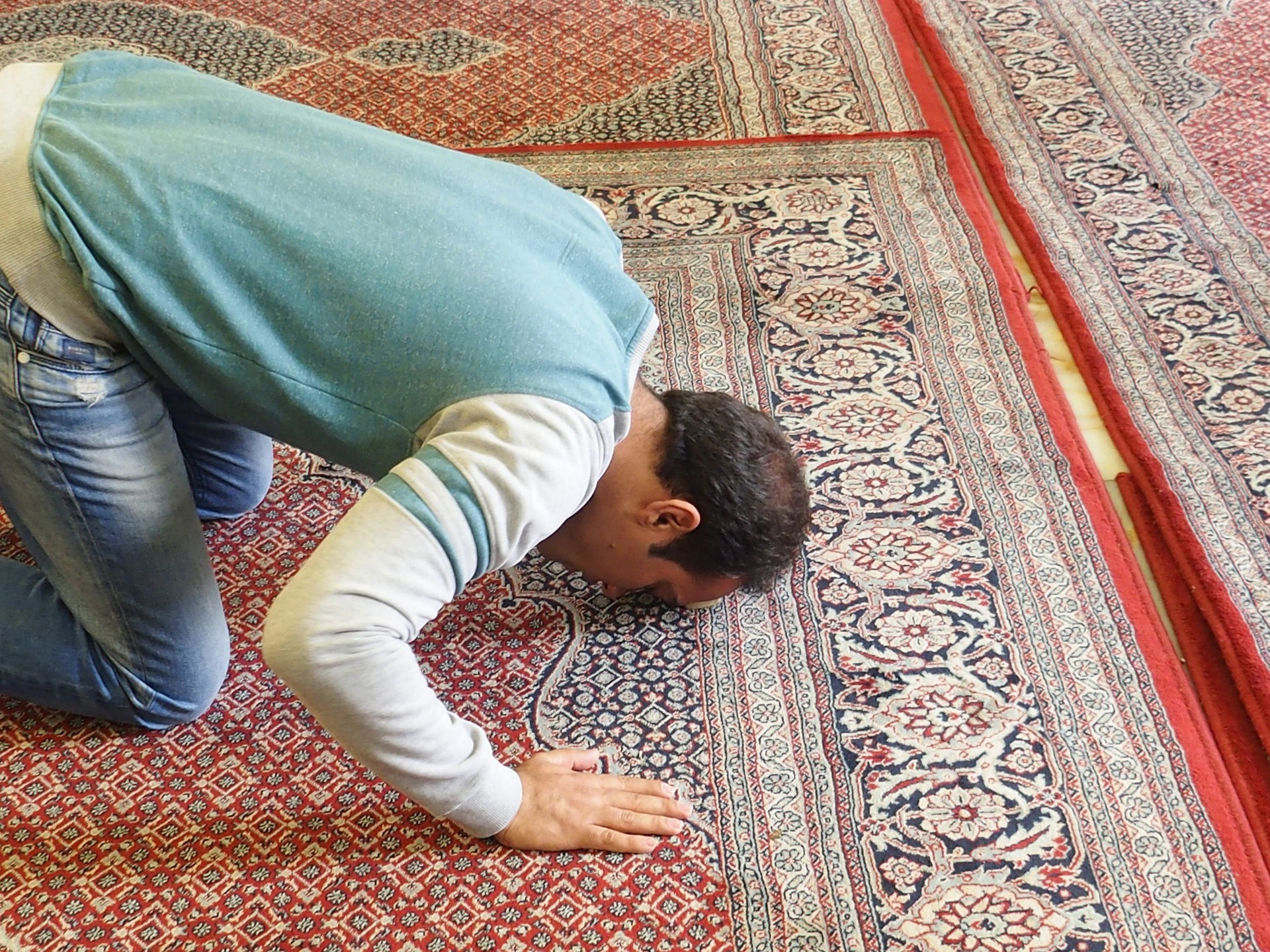What is Islam? – A Comprehensive Guide

What is Islam? – A Comprehensive Guide Introduction Islam, with over a billion followers, is among the world’s major religions. It stands not merely as a system of beliefs but as a holistic way of life. This post delves into the richness of its beliefs, history, and practices. Historical Foundations Origins: Islam’s genesis traces back […]
What is Riba in Islam | Al-dirassa Institute

What is Riba in Islam ? Islam, a faith followed by over a billion people worldwide, is not just a religion—it’s a comprehensive way of life. Its teachings, derived from the Qur’an and the Sunnah (traditions of the Prophet Muhammad), extend beyond mere acts of worship, guiding believers in a plethora of life’s arenas, including […]
Supplication for Something to Come True

Supplication for Something to Come True If you want to supplicate to Allah for something to come true, there are conditions and moments to observe. Supplicating to Allah for something to come true is a branch of belief in Allah because it proves that one is aware that nothing happens without Allah’s will. The answered […]
The Abaya in Islam

The Abaya in Islam The Abaya, a symbol of modesty and faith in Islam, is much more than just clothing. In this article, we will delve into its history, global impact, popularity on the internet, and its status as an Islamic garment. Discover how the Abaya has evolved over the centuries to become an integral […]
Enrich Your Knowledge with Islamic Studies Online

Enrich Your Knowledge with Islamic Studies Online Starting an Islamic study journey can be a life-changing event that can help you comprehend the religion better and advance your spiritual development. Accessing a top-notch Islamic education has never been simpler than it is in the modern internet age. With the outstanding online courses offered by Al […]
Tayammum in Islam: A Guide to Dry Ablution as Wudu Alternative

Tayammum in Islam: A Guide to Dry Ablution as Wudu Alternative In Islam, the purity of the body and soul is paramount, especially when engaging in acts of worship like Salah (prayer). Traditionally, Muslims perform Wudu, a ritual washing with water, to attain physical and spiritual cleanliness. However, Islam, with its intrinsic understanding of diverse […]
10 tips to prepare Ramadan

10 tips to prepare for Ramadan The blessed month of Ramadan is fast approaching, and Muslims must follow the example of our pious predecessors to approach Ramadan in the best way. We are currently in the lunar month of Rajab, which will follow the month of Chaabane and the month of Ramadan In Sha […]
Step by Step Guide to Performing Two-Unit Prayers in Islam

Step by Step Guide to Performing Two-Unit Prayers in Islam Prayer is an essential part of Islamic worship and an important daily practice for Muslims. It helps to establish a connection with Allah, bring peace and tranquillity to the heart, and provide a means of expressing gratitude and seeking guidance. In this post, we will […]
“Discovering the Beauty of Islamic Culture and Traditions”

Discovering the Beauty of Islamic Culture and Traditions Islamic culture and tradition are an important part of the lives of millions of people around the world. From Morocco to Malaysia, Islamic culture is defined by a rich legacy of customs, beliefs, and traditions that have been passed down from generation to generation. In this blog […]
When is Ramadan 2023 ?

When is Ramadan 2023? Wednesday, March 22, 2023: this is the date from which we base ourselves for the beginning of Ramadan 2023 or 1444 in the Hijri year. Allahu a’lam (And Allah is the most learned) As every year, there will be a night of doubt during which the moon will be observed […]

